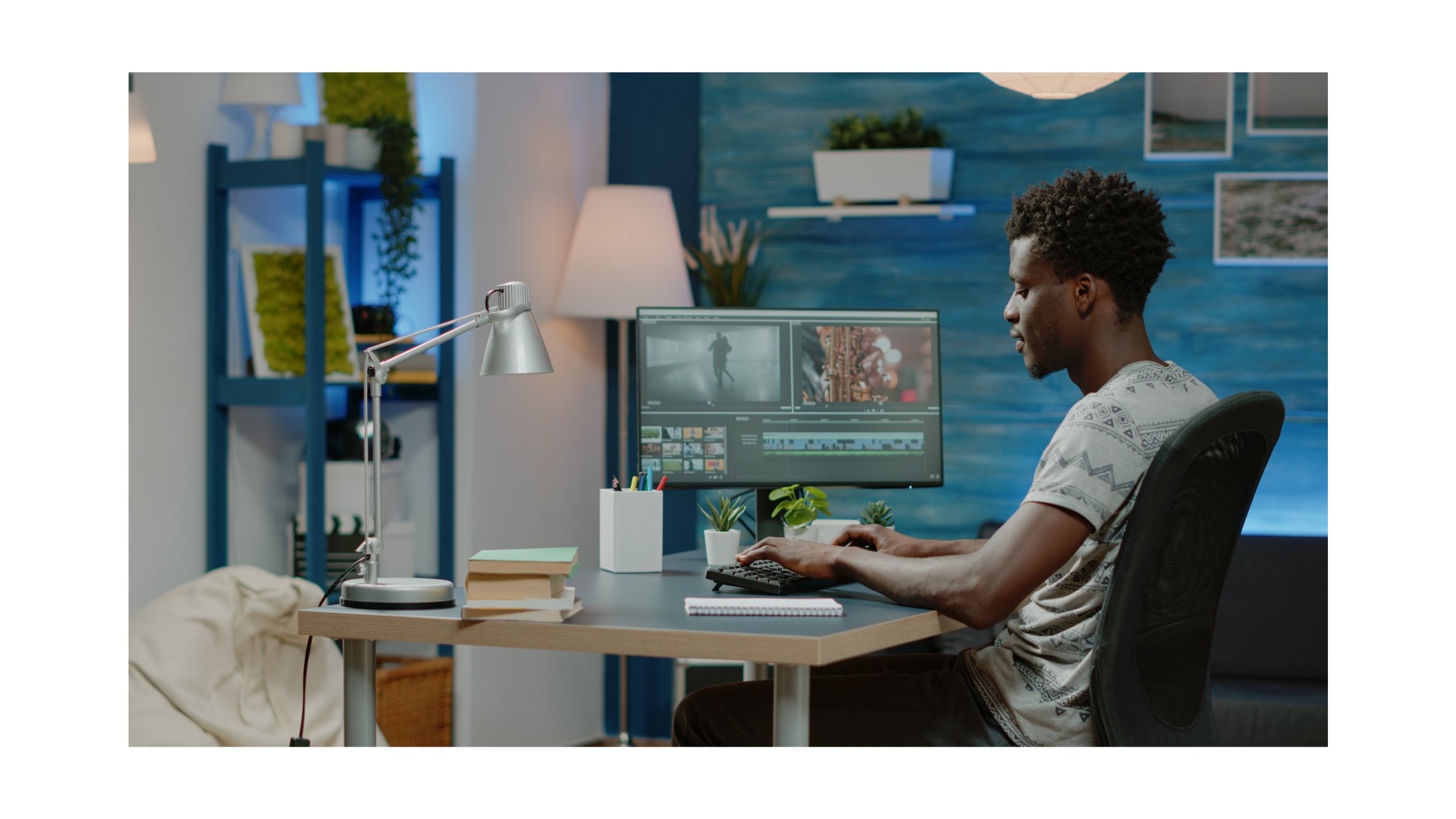5 Tips on Becoming a Videographer
The industry of video and film making is growing faster than ever. With a range of social media platforms continually being developed such as YouTube, TikTok and Instagram reels it is no longer a tv and cinematic industry.
With the price of high-quality cameras and equipment reducing, this is a now an industry that anyone can get involved with whatever their skill level.
You could be a Wedding Videographer, create Music Videos or even start your very own video production company to produce content and ads for social media and tv 😜. You may even want to become a YouTube star, or you want to go to work for a TV production company like ITV or the BBC or even become a crew member on a feature film.
The options are endless. However, to help you in the right direction here are my top 5 tips to become a videographer.
College
The common argument of should you go to college or just go out and learn on the job is a debate that you can have for eternity.
College allows you to learn all the basics of creating films and videos from the techniques around compositions, lighting, and storytelling. Other benefits include the opportunities that are open to you, such as taking advantage of their apprenticeship schemes.
Apprenticeship
Going for an apprenticeship is the start to your working career and is great for you to learn new skills and have a great understanding of the different roles within the industry.
There are camera operators, editors, grips, directors, directors of photography, sound editors and designers and so many more. All these skills have different requirements, and you may gravitate towards a certain niche inside the film and video industry.
Get Creative
If you really want to learn and improve, start creating your own content, even before you’re ready. If you haven’t got a “fancy” camera, use your phone. What you are doing is learning the art of storytelling through the planning, capturing, and editing process. Creativity is more important than technical ability.
You can use tools like YouTube, Vimeo or even TikTok to post your work and start getting natural feedback and learn from the constructive critics.
Get a Mentor
A mentor is someone that can help you get the next step right; this is a person who has done the mistakes that you are open to. Not only that they can help you learn and enhance your skills. In my opinion there are two types of mentors:
Direct in Person Mentor - someone you arrange to meet and call for constant direct feedback on your work and development and letting you know the next steps you can take. This is a service that a lot of great people do offer at a price but having that strong feedback you can feel confident you are moving in the right direction.
Indirect Mentor - This is a person or a group of people who tell their stories, either online, in a book, a podcast or even a public speaker. These Mentors tell their stories so you can learn from their journey. It’s never direct feedback and they won’t be able to give you the full path, but they offer a lot that you can learn if you are willing to put in the time to do the research. Everyone has a different story, so try not to follow too many journeys as this can cause confusion on your own path.
Learn
You can have all the skills in the world to be able to tell an epic story through the lens and have the technical abilities to challenge that of Spielberg and Scorsese, but this will all count for nothing if you don’t understand business. A major part of the work in the video and cinematography world is freelance and you need to get yourself out there.
You have created a fantastic show reel now how do you market this?
You are great with people so how, when, and where are you networking?
You want to earn a certain amount of money. You need to be able to work out your overheads to know what you are charging for the work you are doing as well as plan for growth?
These are just a small number of questions that you must ask yourself before setting up as a self-employed freelance videographer. So, learn how to run a business and these are the skills you can rely on throughout your career as a videographer.
For more advice on becoming a videographer, or how to introduce video into your organisation please connect with me on LinkedIn or drop me an email.



